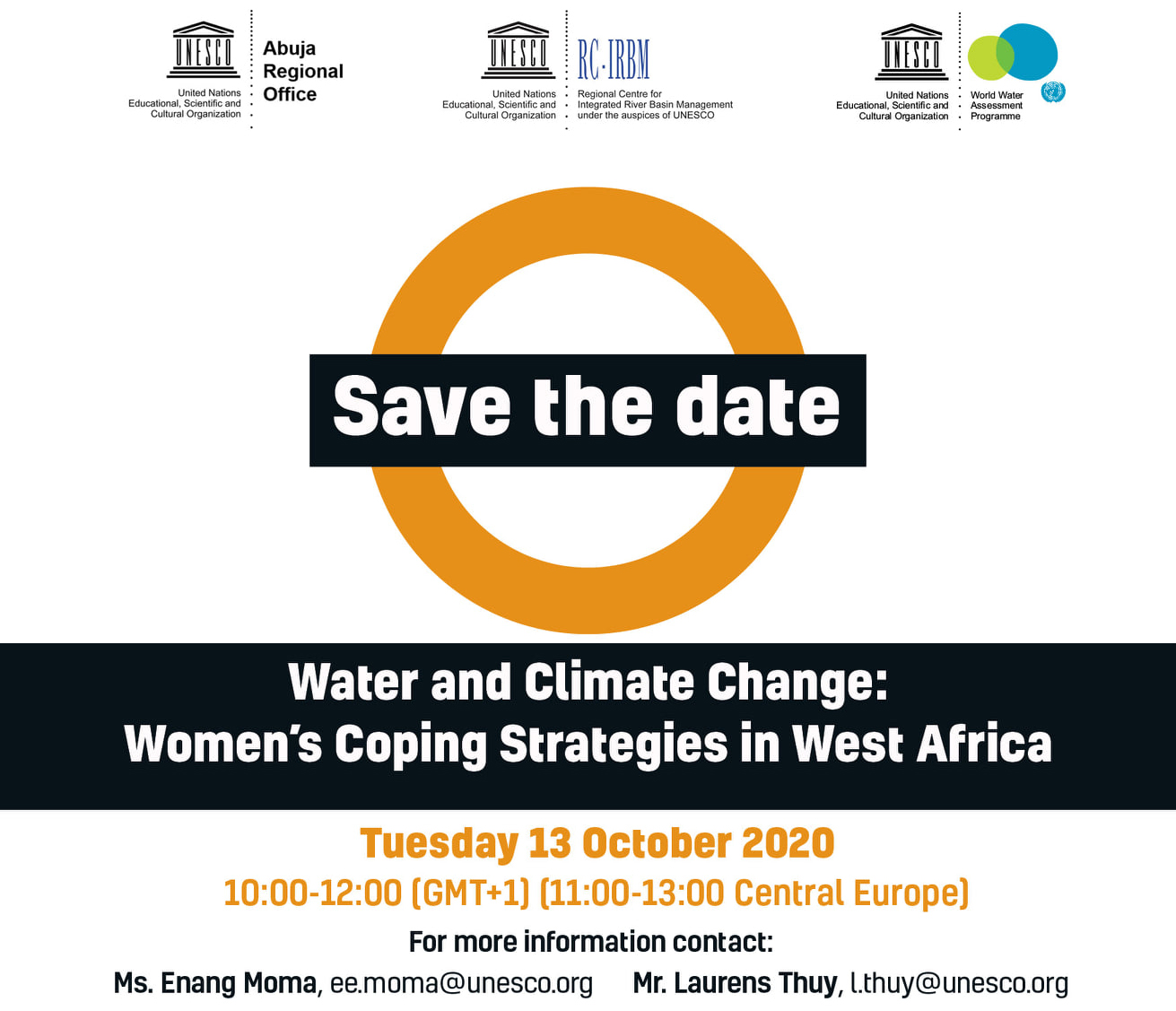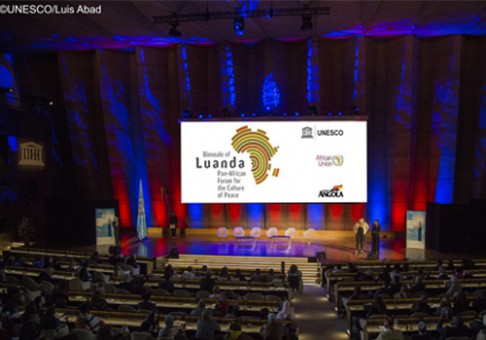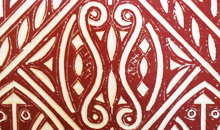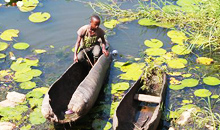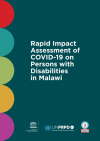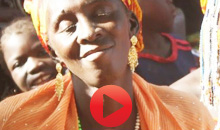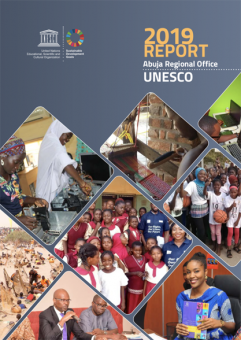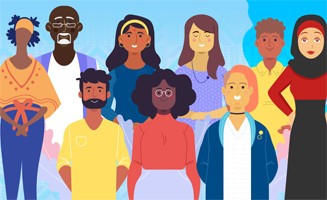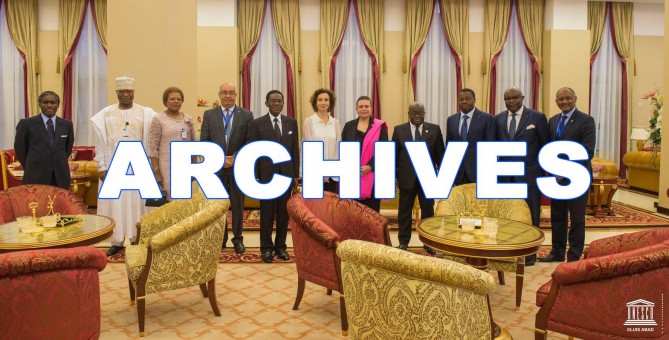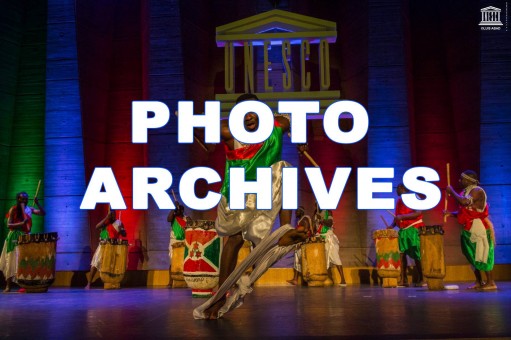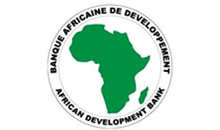UNESCO, the African Union (AU) and the Government of Angola, are jointly organizing the 2nd edition of the Biennale of Luanda – “Pan-African Forum for the Culture of Peace”, at the end of the month of November/early December 2021.
The forthcoming Biennale of Luanda will combine face-to-face and online events, all of which will be streamed on “Biennale TV”, freely accessible from the Biennale’s website with interpretation in English, French, Spanish and Portuguese.
The programme will have several major points of focus :
- Intergenerational Dialogue of Leaders and Youth ;
- Thematic and Best Practice Forums ;
- Festival of Cultures ;
- Launch of the Alliance of Partners for a Culture of Peace ;
- Partnership sessions (private sessions held from 1 to 2 December that will not be streamed on the “Biennale TV”).
Click here for more information on the Bienale of Luanda 2021
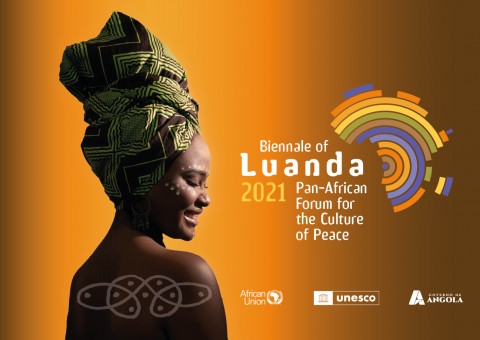
UNESCO's global priorities are Africa and Gender Equality. As such, UNESCO and development partners are attentive to 54 African countries with a stronger and better-targeted strategy. The African Renaissance is underway, with the adoption of the African Union Agenda 2063 and the 2030 Agenda for Sustainable Development paving the ground for the African Economic Community. To this end, regional communities are consolidating ties.
UNESCO PRIORITY AFRICA RESPONSE TO COVID-19
UNESCO's Global Response to COVID-19
COMMITTED TO PEACE AND SUSTAINABLE DEVELOPMENT IN AFRICA
The spirit of UNESCO’s Culture of Peace network in Africa aims to heal the social wounds of wars by cross-conflict participation in local activities. The Youth and Peace Culture in Africa Network partners with the Whitaker Peace and Development Initiative led by Forest Whitaker, UNESCO Special Envoy for Peace and Reconciliation.

UNESCO’s core belief is that lasting peace and sustainable development have their roots in people’s own capacities and skills, in people’s own dignity and rights. It's about harnessing this impetus by strengthening Africa’s assets of which heritage is a source of vibrant creativity. The richness of the continent's heritage urges to safeguard it for future generations; while Africa is underrepresented on the World Heritage List with only 12% of all inscribed sites worldwide, nearly half of these properties are on the World Heritage List in Danger.
Field offices Annual Reports
DOCUMENTS OF REFERENCE
Priority Africa at Unesco, An operational strategy for its implementation 2014-2021
Report : IMAGINING THE WORLD TO COME : HOW DOES AFRICA ENVISION COVIDAND ITS AFTERMATH?
Executive Summary : SOCIO-ECONOMIC AND CULTURAL IMPACTS OF COVID-19 ON AFRICA (UNESCO RESPONSES)
Education : Education in a post-COVID world--Nine ideas for public action
Socio-economic and cultural impacts of COVID-19 on Africa: what responses from UNESCO ?
Launching the Report of the 1st EditionBiennale for the Culture of Peace : Youth Webinar Report
Other Reports :
UNESCO Mozambique: Annual report 2014
UNESCO Mozambique: Annual report 2015
UNESCO Mozambique: Annual report 2016
UNESCO Mozambique: Annual report 2017
UNESCO Namibia: Annual report 2018





